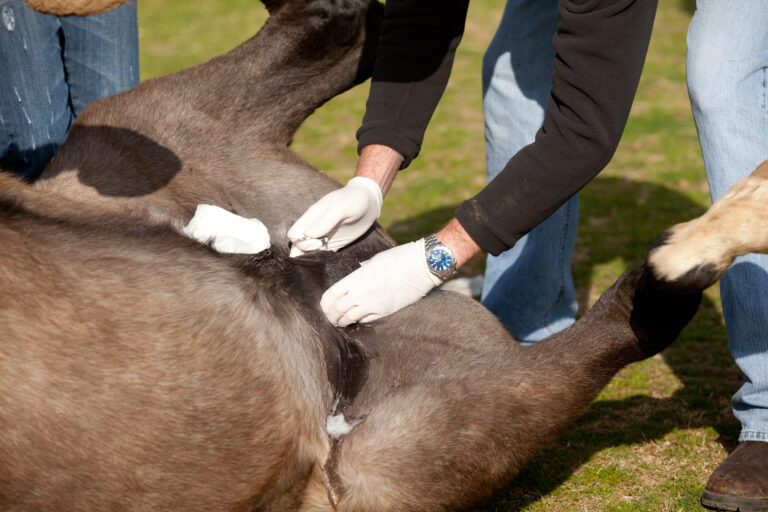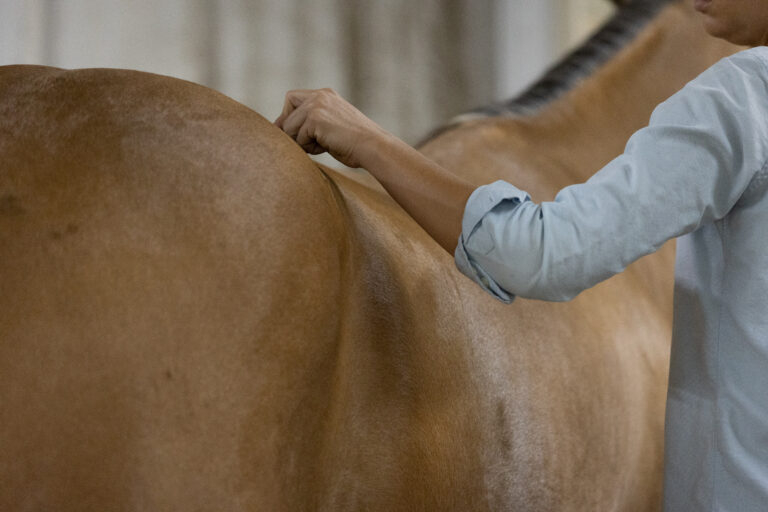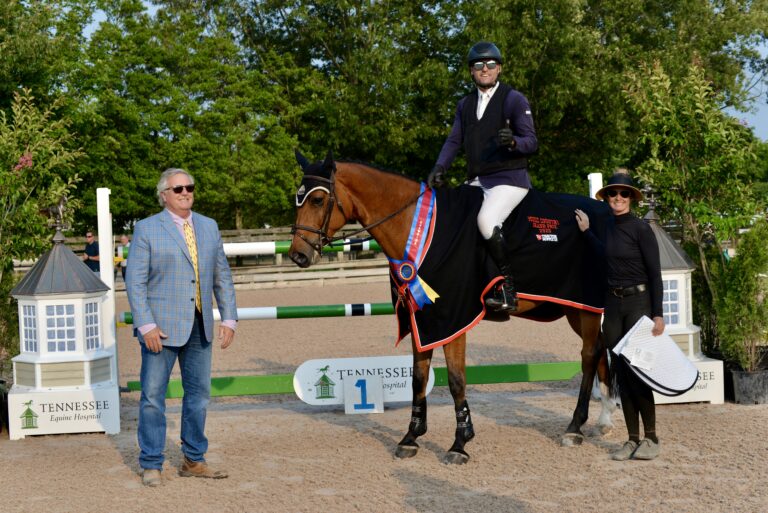
Since its inception, the AAEP Commission on Equine Veterinary Sustainability’s Practice Culture Subcommittee has compiled a large resource library for practitioners. That library includes information about stay interviews, including suggested questions, approaches, and videos demonstrating these types of conversations. You can access these resources at https://aaep.org/guidelines-resources/veterinarian-resources/sustainability/practice-culture/.
Kimberly Harmon, VMD, is the co-chair of the Practice Culture Subcommittee and managing partner of Fairfield Equine Associates in Newtown, Connecticut. She has years of experience managing a large team. “Stay interviews are a way to spark conversation around what is working and what could be better for anyone on the team, both doctors and lay staff, to address issues before they become drivers to leave the practice,” Harmon said. “They also can allow the space and time for people to feel heard and valued.”
Stay Interview Questions
Stay interviews are essentially conversations with staff to ensure they have the resources they need to do their jobs, to find out what they are inspired to learn about, and to learn what they like most and least about their jobs. The interview questions should convey that you care about your employees’ opinions and that you will take them seriously. Open-ended questions are ideal because they encourage broader answers that bring new ideas and perspectives to the forefront.
Tips for Conducting Stay Interviews
According to Harmon, stay interviews are best conducted in person. “Nothing beats face-to-face interaction,” she said. “The questions should be distributed ahead of time, so the employee has time to review, think, and prepare their responses. This should not be a surprise conversation but rather planned and scheduled. It is important for the person conducting the interview to focus on listening and asking questions (as opposed to justifying and posing counterpoints). The goal is to listen and learn. If these conversations are not happening at all in your practice now, even doing them once a year is a win. Twice a year is even better.”
Stay Interview Follow-up
Many practice managers and owners feel uncertain about how to use the data their team has offered. Following up with employees after the interview shows you appreciated their time and were truly listening. This can be at a staff meeting or through individual emails that mention something specific you discussed with each person. If practice issues came up with multiple team members, formulate a collaborative approach to mitigate them.
“The follow-up is just as important as the interview itself and takes time. Feedback from the interviews can be used to adjust systems and procedures that are consistently mentioned,” said Harmon. “It is key to communicate back to your team what you heard from the interviews and what is changing. This can be done with a group email or at a staff meeting that summarizes the takeaways and next action steps.”
Final Thoughts
Over time, managers can begin to see if improvements have taken hold or whether further work needs to be done. Having a regular finger on the pulse of the organization allows you to make needed changes before the practice culture is negatively affected.
Related Reading
- The Business of Practice: Building Healthy Veterinary Internship Programs
- How To Have a Conversation About Compensation and Benefits
- AAEP Wellness Coverage: Using Competency-Based Education to Give Young Practitioners Feedback
Stay in the know! Sign up for EquiManagement’s FREE weekly newsletters to get the latest equine research, disease alerts, and vet practice updates delivered straight to your inbox.







